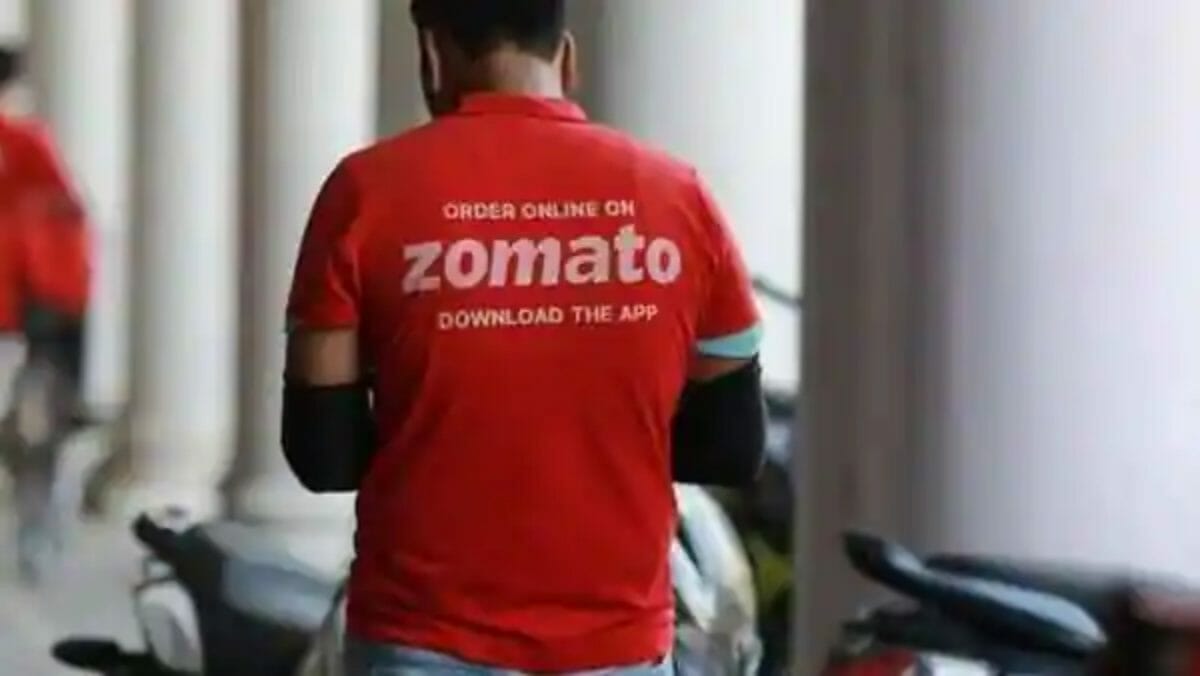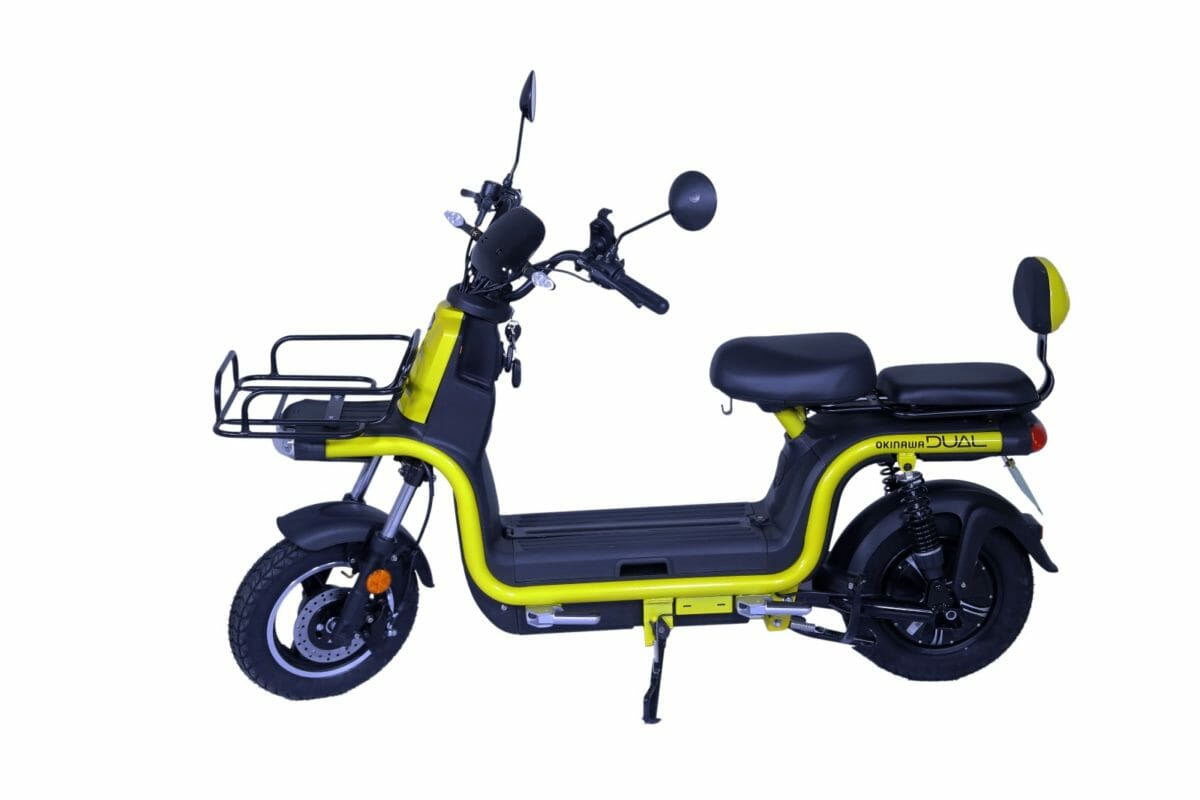Almost all the manufacturers have started adapting to the ongoing electric revolution by either announcing complete electrification of their portfolio or by taking a gradual path. In the same wake, Food delivery company Zomato has joined the likes of Flipkart and Amazon to support sustainable last-mile delivery. The company has committed to adopting electric vehicles (EVs) for 100% of its fleet by 2030 and joined the Climate Group’s global electric mobility initiative – EV100.
More details
The company’s founder and CEO Deepinder Goyal, in a blog post, said that though 100% adoption of EVs will not be easy, it is essential in the long run. He pointed out that due to a few barriers, the current adoption rate is slow.

Official statement
“Almost a month back, we announced that we are funding environmental projects to offset our delivery carbon footprint. Today, we are taking yet another important step in our journey towards building a more sustainable enterprise. We are joining the Climate Group’s* global electric mobility initiative, EV 100 and committing to 100% adoption of electric vehicles (EV) by 2030.
Currently, orders are delivered through our platform via EVs in cities such as Delhi, Bangalore and Mumbai. The current EV fleet is a small fraction of the active fleet of delivery partners, and we understand that getting to 100% adoption of EVs will not be easy, but is essential in the long run. At the moment, the adoption rate is very low for us and for the two-wheeler industry in general. We believe key barriers that currently impact adoption include limited battery range, lack of charging infrastructure, higher upfront costs and lack of trust in new technology.

However, given the rapid innovation in this field and positive push by the government, we expect a much faster transition to EVs for the two wheeler industry over time. We want to actively aid the transition to EVs by enabling the ecosystem – EV players, battery manufacturers, and the government. We are already actively working with a few EV players to design pilots and create business models that could facilitate a faster transition towards a viable mobility solution for deliveries. We want to be accountable for the impact we create and contribute to finding solutions for the world’s most important environmental challenges, that are a by-product of our own progress.”
